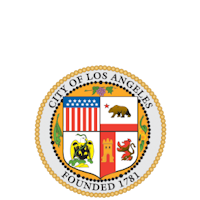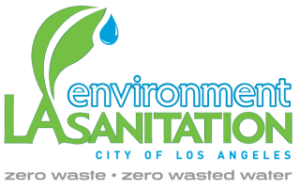The summer sun is here to grace our shores once more – and there’s no better time to express our love for the beach. The first week of July each year is national Clean Beaches Week, a weeklong celebration which focuses on the importance of keeping our beaches free of trash and pollution. Tidy, trash-free beaches are an essential part of the beach-going experience and are important to maintain the health of the marine ecosystems which we depend on for food and recreation. As always, we like to express that a lot of people putting in a little effort really adds up – and it is shockingly easy to put in your little bit.
Read below to find out what you can do in your daily life to keep your beach clean during Clean Beaches Week and all summer long!
Keeping Beaches Clean From the Comfort of Home. Our actions at home can have far-reaching consequences for the health of our beaches and oceans. Consider the impact of everyday activities such as changing motor oil or using pesticides in our gardens. Improper disposal of used motor oil can lead to contamination of stormwater runoff, ultimately finding its way into our oceans and harming marine life. Similarly, runoff from pesticide use can introduce harmful chemicals into our waterways, threatening the delicate balance of coastal ecosystems. By adopting sustainable practices such as recycling used motor oil and opting for less toxic alternatives to traditional pesticides, you can prevent pollution at its source and protect our beaches from harmful contaminants.
Minimizing Disposable Waste. Before embarking on a beach excursion, take a moment to consider the items you bring along. Single-use plastics, such as water bottles, food containers, and utensils, contribute to the growing problem of marine debris and pollution – especially, if they just get left in the sand where the high tide then takes them out to sea. Instead, try to opt for reusable alternatives that minimize waste and reduce the risk of litter ending up in our oceans. By making small changes like these in our daily habits, we can lessen our environmental footprint and preserve the natural beauty of our coastal communities.
Neighborhood Cleanliness. Trash and pollutants found in our neighborhoods can easily make their way to the beach through storm drains and runoff. Take proactive steps to keep your community clean by participating in local cleanups and environmental stewardship initiatives. Organizations like the Surfrider Foundation, Heal the Bay, and TreePeople organize regular clean-up events that bring communities together to combat litter and pollution. By joining forces with fellow residents, we can make a tangible difference in protecting our beaches and oceans from the harmful effects of pollution.
Beachside Stewardship: Leave No Trace. Once you’ve arrived at the beach, make a commitment to leave no trace behind. Bring along extra trash bags to collect any litter you encounter, including your own and that left by others. Whether it’s picking up plastic wrappers, food containers, or cigarette butts, every piece of trash removed helps protect marine life and preserve the natural beauty of our beaches. Additionally, consider participating in organized beach cleanups or volunteer programs to contribute to ongoing conservation efforts in your community.
Preserving the beauty and biodiversity of our beaches and oceans is a shared responsibility that requires collective action and commitment. Whether it’s organizing a beach or community cleanup with friends, participating in environmental education events, or advocating for policy changes to reduce plastic pollution, there are countless more ways to get involved and make a positive impact. By working together, we can ensure that our beaches remain clean, healthy, and vibrant.. Let’s celebrate Clean Beaches Week by demonstrating our dedication to preserving these invaluable natural resources for future generations to enjoy.
Got a local beach or ocean cleanup event that you’d like to spotlight? Send us the details at lastormwater@lacity.org so that we can share it on our social media.
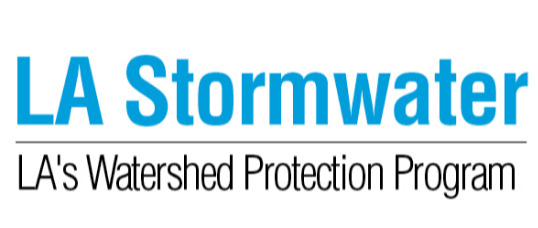
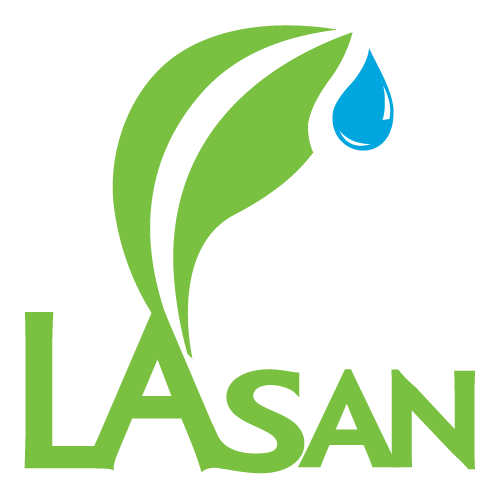
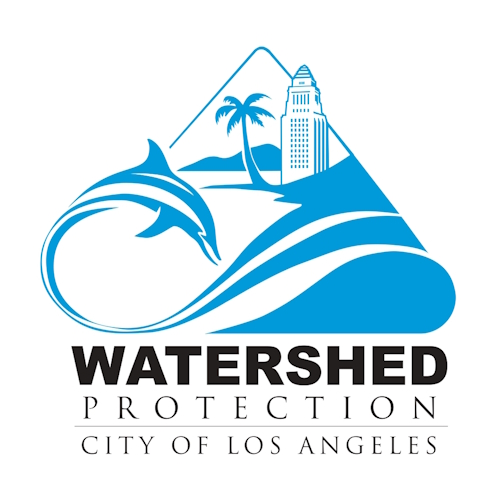
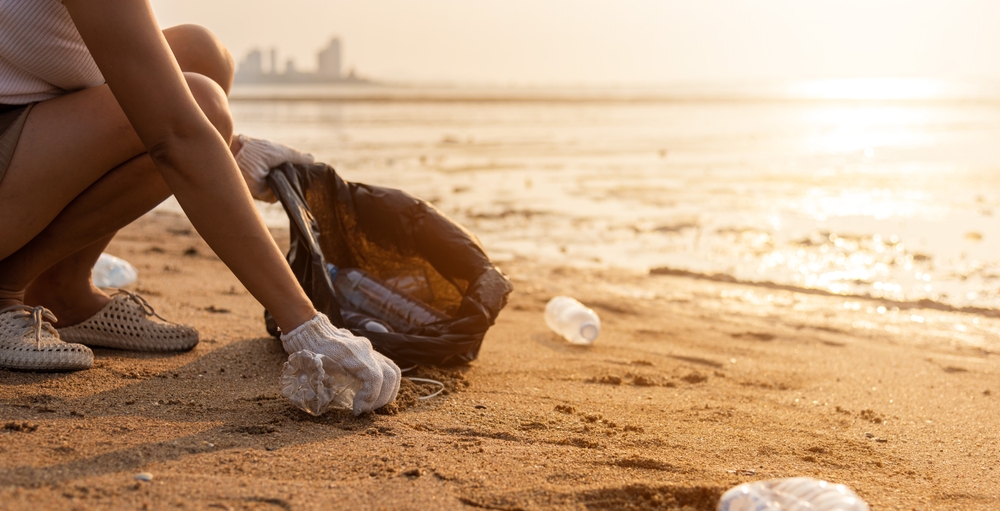 ">
">

